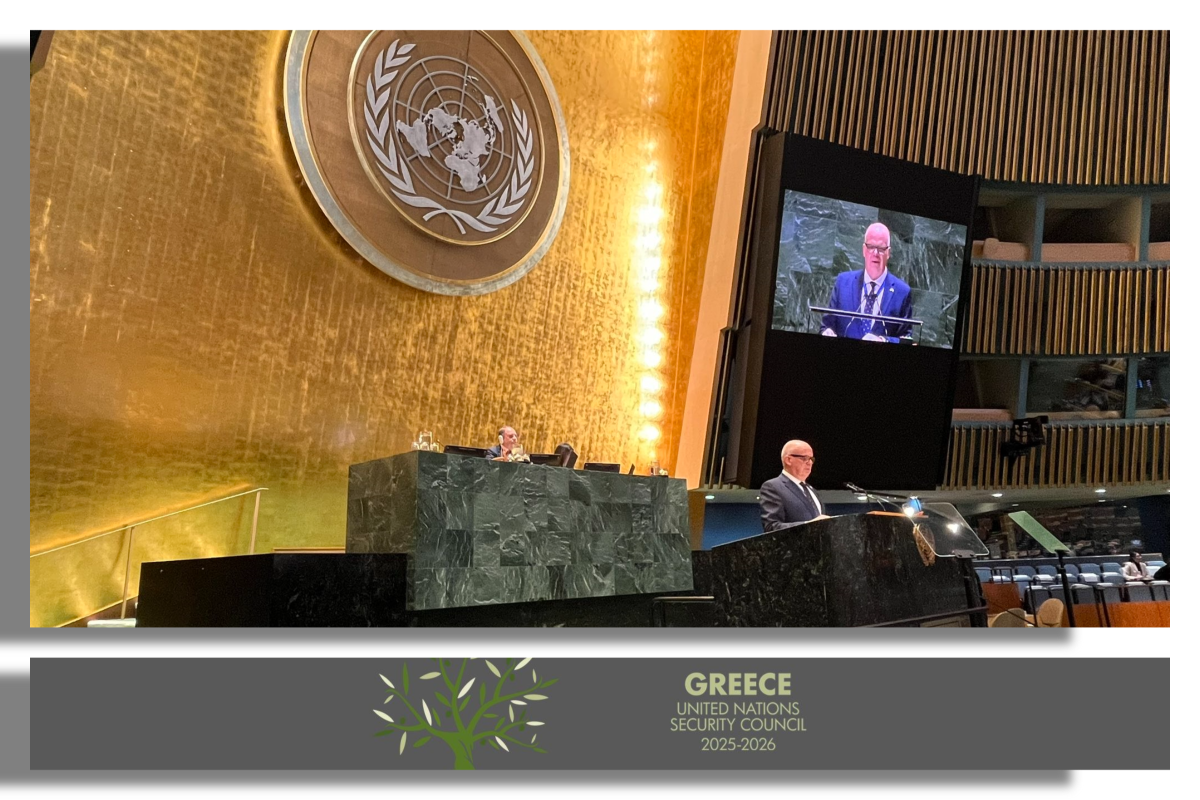On December 6, the 79th Plenary Session of the UN General Assembly adopted by consensus the Resolution on Return or Restitution of Cultural Property to the Countries of Origin spearheaded by Greece. The proposal was approved with the highest number of 146 co-sponsorships.
The resolution aims at achieving interstate cooperation in protecting cultural property against illicit trafficking in times of peace and war, as well as establishing a common framework of respect for tangible and intangible cultural heritage. Practically speaking, member states will be required to ensure documented proof of origin and provide certificates for cultural goods traded internationally, including those traded online.
Throughout the years, the UN and UNESCO in particular have played a pivotal role in combating illicit trafficking and promoting the return of cultural property. This is being done through initiatives such as the 1970 UNESCO Convention (on the Means of Prohibiting and Preventing the Illicit Import, Export and Transfer of Ownership of Cultural Property) and partnerships with INTERPOL and other organisations.
Going one step further, the newly adopted Resolution expresses serious concern about cultural property removed before the 1970 Convention and calls for its return. It also encourages the return and restitution of stolen and illegally possessed cultural property to their historic environment.
This Greek initiative is a remarkable diplomatic success given the fact that Resolutions tabled by only one country are rarely adopted by such a large number of co-sponsors. It is also a very promising beginning for Greece’s tenure as a non-permanent in the Security Council, starting January 2025.
Addressing the Assembly, the Greek Permanent Representative stressed that: “It is truly important for us all to recognize that the protection of human life will always be our primary concern, however, we shouldn’t neglect that respect for a people’s cultural identity is also vital. While human life is of greater importance than objects, it is nevertheless necessary to respect the rules for the protection of cultural property, as it is the collective memory of humanity and symbolizes human life itself”.

